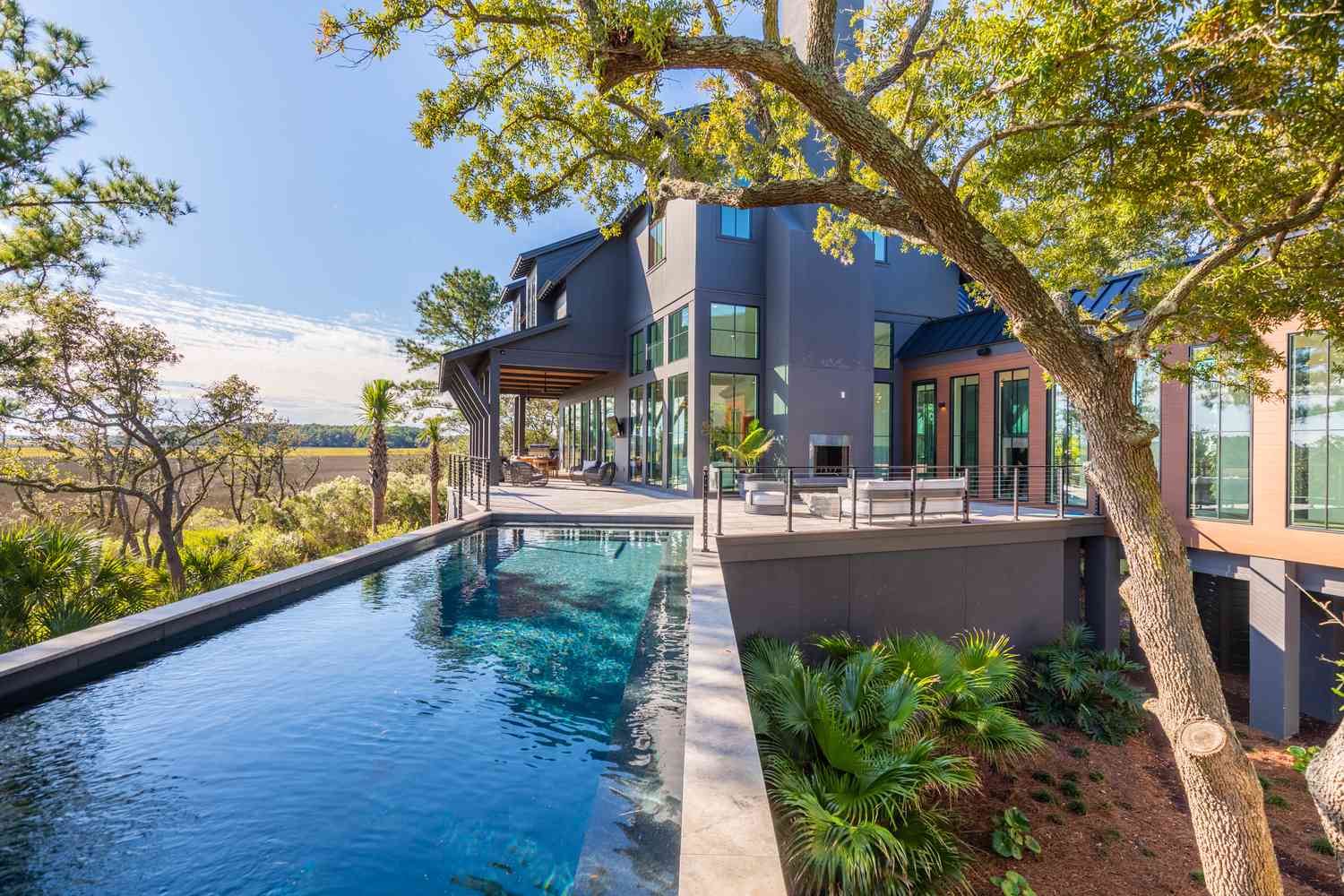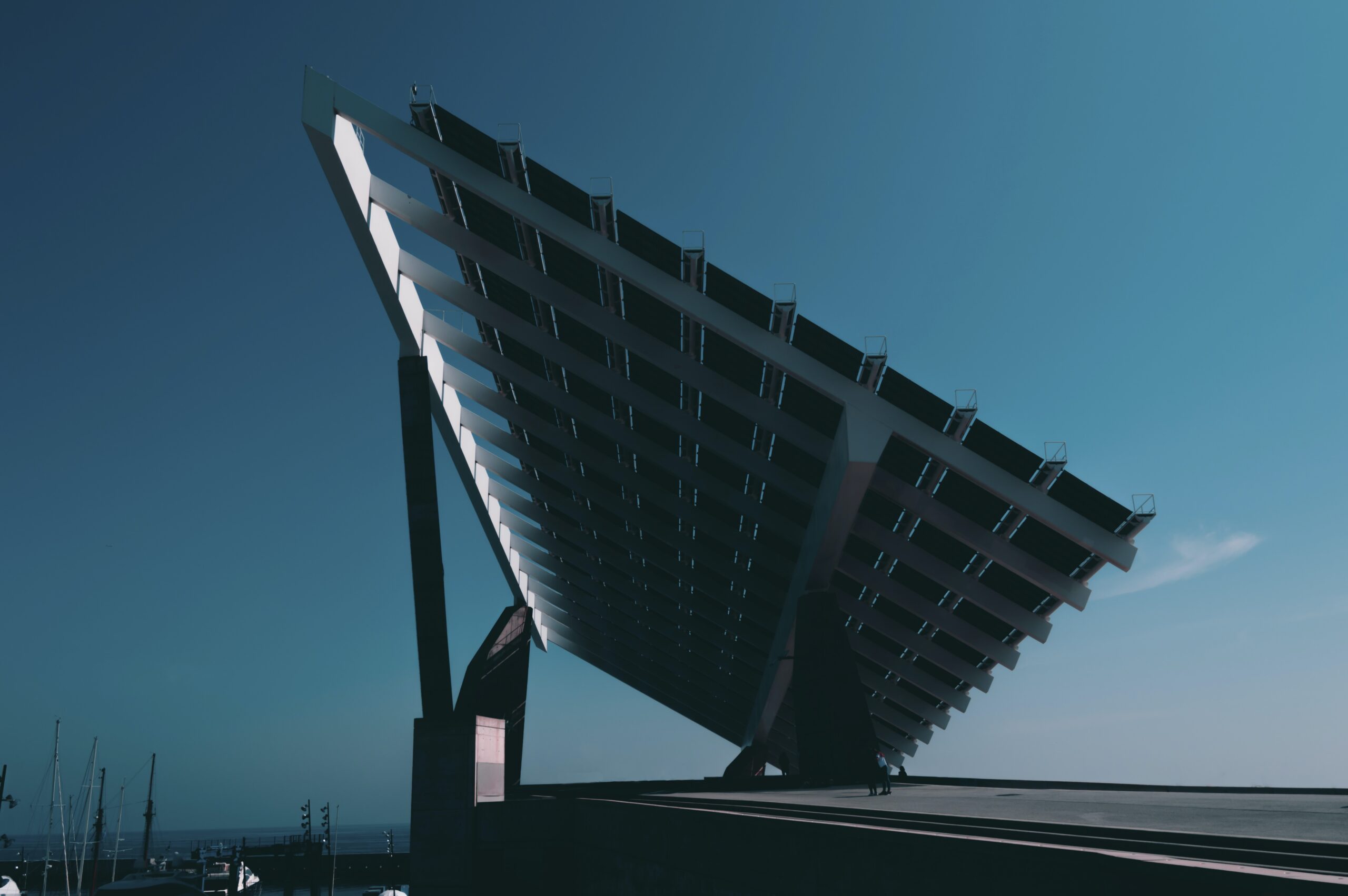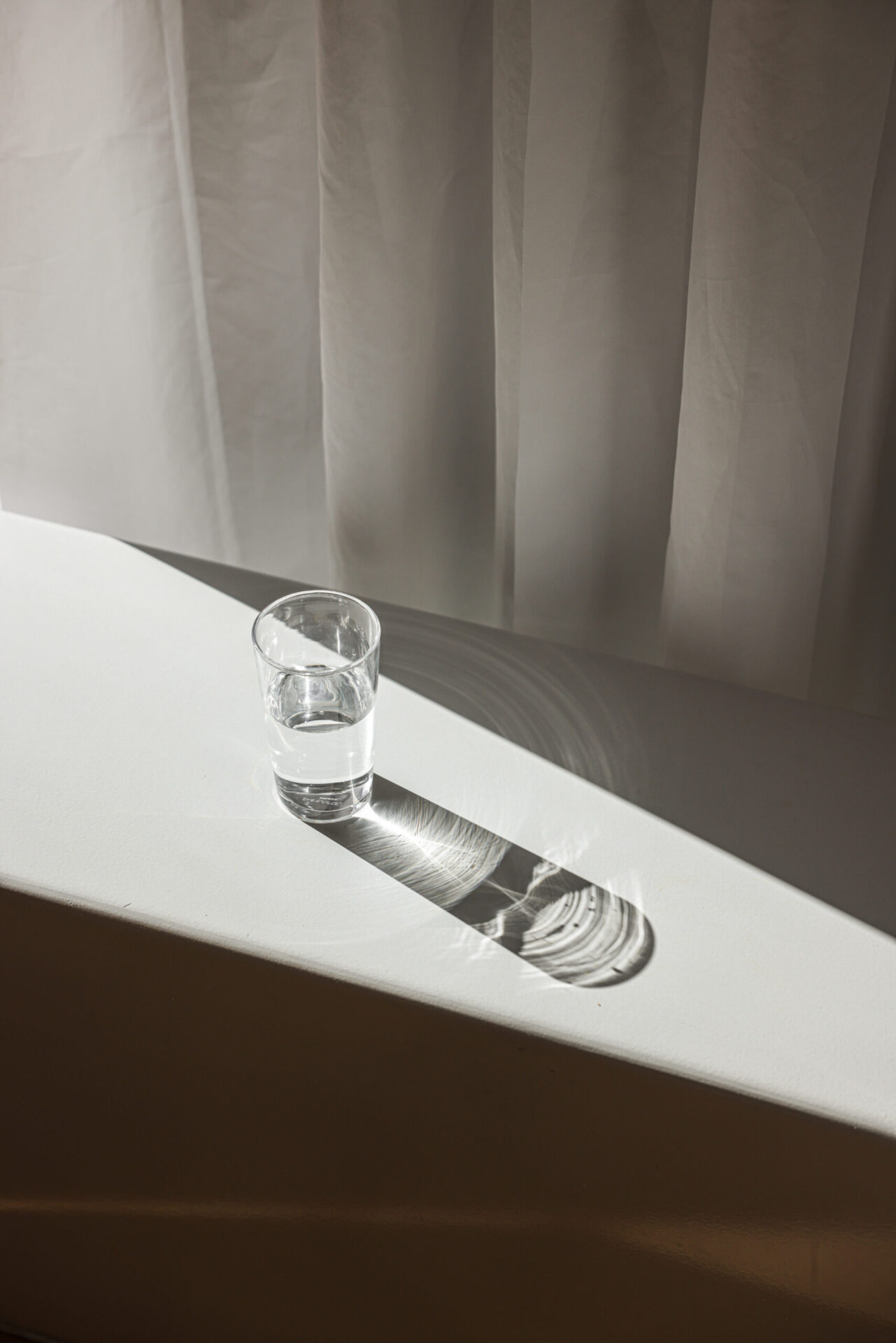Are you tired of swimming in a chilly pool? Well, did you know that heating your above ground pool can extend your swimming season by up to 6 months? That’s right! In this article, we’ll show you the best ways to heat your pool, from solar heaters to electric heat pumps and gas heaters. We’ll break down the pros and cons of each option, so you can make an informed decision and enjoy a warm and inviting pool all year round.
Key Takeaways
- Solar heaters are a cost-effective and environmentally friendly option for heating above ground pools.
- Electric heat pumps are efficient and can quickly heat the water in above ground pools.
- Gas heaters are the fastest heating option but have higher running costs and require more maintenance.
- The choice of heating option depends on factors such as pool size, budget, and location.
Choosing the Right Pool Heating Method
When choosing the right pool heating method for your above ground pool, consider factors such as cost, speed, and environmental impact. There are several options available, each with their own pros and cons. Solar heaters are a popular choice, especially in sunny areas like Arizona, Texas, or California. They have no annual costs since they use the sun’s energy to heat the water. Installation is easy, as they simply pump water into coils heated by the sun, increasing the water temperature by 10-20 degrees. Solar heaters can last for over 20 years and are environmentally friendly.
Another option is electric heat pumps, which are efficient and heat the water quickly. They need to be connected to power and pump in cold water, heating it in electric coils. Heat pumps can warm the water in just 1 day and have lower annual costs compared to gas heaters. They can also function in overcast weather and at night. Installation is relatively easy and these pumps can last 10-20 years.
Gas heaters are the fastest heating option and can be used in colder temperatures. They use natural gas to create heat and can warm up the water within hours. However, they have higher running costs due to natural gas usage and require more maintenance. Gas heaters also have a shorter lifespan of 5-10 years and are less environmentally friendly.
Exploring Solar Heater Options
Solar heaters are a cost-effective and environmentally friendly option for heating your pool. If you’re considering this option, here are some installation tips and benefits of solar heaters to help you make an informed decision:
- Installation Tips:
- Place the solar panels in an area that receives maximum sunlight throughout the day.
- Ensure that the panels are angled correctly to optimize heat absorption.
- Connect the panels to your pool’s filtration system for efficient water circulation.
- Use a solar controller to monitor and regulate the temperature of the pool.
- Benefits of Solar Heaters:
- Cost-effective: Solar heaters utilize the sun’s energy, which is free, resulting in significant savings on energy bills.
- Environmentally friendly: Solar heaters produce clean energy and reduce greenhouse gas emissions compared to traditional heating methods.
- Longevity: Solar heaters have a lifespan of over 20 years, providing long-term heating solutions for your pool.
- Easy maintenance: Solar heaters require minimal maintenance, with no annual costs for fuel or electricity.
Understanding Electric Heat Pumps
If you’re looking for an efficient and quick way to warm your pool, electric heat pumps are a great option. Electric heat pumps are known for their ability to heat the water quickly and efficiently. They are connected to power and pump in cold water, which is then heated in electric coils. This process allows the heat pump to warm the water in just one day, making it a convenient choice for pool owners who want to enjoy their pool without waiting for it to heat up.
Electric heat pumps also have lower annual costs compared to gas heaters, making them a cost-effective choice in the long run. They can function even in overcast weather and at night, ensuring that you can enjoy a warm pool regardless of the time of day or weather conditions.
When it comes to installation, electric heat pumps are relatively easy to install. They can last for 10-20 years, providing you with long-term heating solutions for your pool. Here are two recommended options for above ground pools:
| Electric Heat Pump | Features |
|---|---|
| Happybuy 3KW 220V Electric Pool Heater | Lightweight and suitable for small pools |
| FibroPool FH120 Above Ground Pool Heat Pump | Easy to install and can heat larger pools |
These electric heat pumps are reliable and have specific pool size recommendations, ensuring that you choose the right heat pump for your pool.
Considering the benefits of solar heaters discussed earlier, electric heat pumps offer a different set of advantages. They provide quick and efficient heating, have lower annual costs, and are relatively easy to install. However, if you’re looking for the fastest heating option, you may want to consider gas heaters.
Considering Gas Heaters for Quick Heating
Gas heaters are the fastest option for quickly warming your pool water. If you’re looking to heat your above ground pool in a hurry, gas heaters are the way to go. Here are some advantages of solar heaters and maintenance tips for gas heaters to help you make the best choice for your pool:
Advantages of Solar Heaters:
- Cost-effective: Solar heaters use the sun’s energy, so they have no annual costs. They are an affordable option for smaller pools and can save you money in the long run.
- Environmentally friendly: Solar heaters are a sustainable choice as they rely on renewable energy. They have no carbon emissions and are environmentally friendly.
- Easy setup: Solar heaters are popular among above ground pool owners because they are easy to install. They come with clear instructions and require minimal maintenance.
- Long lifespan: Solar heaters can last for over 20 years with proper care. They are a durable option that will provide you with consistent heating for many seasons.
Maintenance Tips for Gas Heaters:
- Regular inspections: It’s important to inspect your gas heater regularly for any signs of damage or wear. Look for cracks, leaks, or loose connections and address them promptly.
- Clean the burners: Over time, debris and dirt can accumulate on the burners, affecting their efficiency. Clean the burners regularly to ensure optimal performance.
- Monitor gas levels: Keep an eye on your gas levels and refill the tank as needed. Running out of gas can cause your heater to stop working and disrupt your pool heating.
- Schedule professional maintenance: It’s recommended to have a professional inspect and service your gas heater annually. They can identify any potential issues and ensure your heater is running safely and efficiently.
Comparing Heating Speed and Cost
When it comes to quickly warming your pool water and considering cost, you’ll want to compare the heating speed and expenses of different heating options. Two popular choices for above ground pool owners are solar heaters and electric heat pumps. Solar heaters have the advantage of using the sun’s energy, resulting in no annual costs. They are easy to set up and can increase the water temperature by 10-20 degrees. Solar heaters can last for over 20 years and are environmentally friendly. On the other hand, electric heat pumps are efficient and can heat the water quickly, typically within a day. They have lower annual costs compared to gas heaters and can function in overcast weather and at night. Electric heat pumps are relatively easy to install and have a lifespan of 10-20 years.
To give you a better understanding, here is a comparison of the advantages of solar heaters and the pros and cons of electric heat pumps:
| Advantages of Solar Heaters | Pros and Cons of Electric Heat Pumps |
|---|---|
| No annual costs | Efficient and quick heating |
| Easy setup | Lower annual costs |
| Increased water temperature | Can function in overcast weather |
| Long lifespan | Relatively easy installation |
| Environmentally friendly | Lifespan of 10-20 years |
It’s important to consider your location, pool size, and budget when choosing the right heating option for your above ground pool. Solar heaters are a great choice for smaller pools in sunny areas, while electric heat pumps are suitable for various pool sizes and can heat the water quickly. Both options have their advantages and it’s up to you to decide which one best meets your needs.
The Fastest Option to Heat an Above Ground Pool
To warm your pool water quickly, the fastest option is a gas heater. Here are the benefits of solar heaters and the advantages of electric heat pumps:
- Solar Heaters: Solar heaters are a great option for pool owners in sunny areas like Arizona, Texas, or California. They have no annual costs since they use the sun’s energy. Solar heaters are popular among above ground pool owners due to their easy setup. They pump water into coils heated by the sun, increasing the water temperature by 10-20 degrees. Solar heaters can last for over 20 years and are environmentally friendly. Recommended options for above ground pools include the Fafco Solar Bear Economy Heating System and the GAME SolarPRO Solar Pool Heater.
- Electric Heat Pumps: Electric heat pumps are efficient and heat the water quickly. They need to be connected to power and pump in cold water, heating it in electric coils. Heat pumps can warm the water in 1 day and have lower annual costs than gas heaters. They can function in overcast weather and at night. Electric heat pumps are relatively easy to install and can last 10-20 years. Recommended options for above ground pools include the Happybuy 3KW 220V Electric Pool Heater and the FibroPool FH120 Above Ground Pool Heat Pump.
- Gas heaters are the fastest option for heating an above ground pool, providing warm water within hours. However, they have higher running costs due to natural gas usage and require more maintenance. Gas heaters also have a shorter lifespan compared to solar heaters and electric heat pumps. In the next section, we will explore the cheapest option to heat an above ground pool.
The Cheapest Option to Heat an Above Ground Pool
If you’re looking for the most cost-effective way to warm your pool, solar heaters are the cheapest option to consider. Not only are they affordable to purchase, but they also have no annual costs since they use the sun’s energy. Solar heaters are particularly popular among above ground pool owners due to their easy setup. They work by pumping water into coils that are heated by the sun, increasing the water temperature by 10-20 degrees.
One of the biggest benefits of solar heaters is their longevity. They can last for over 20 years, making them a great long-term investment. Additionally, solar heaters are environmentally friendly since they rely on renewable energy.
When it comes to installation tips, it’s important to position the solar panels in an area that receives the most sunlight throughout the day. This could be on the roof of your house, a shed, or even a dedicated rack. It’s also important to ensure that the panels are angled correctly to maximize sunlight absorption.
In terms of specific solar heaters for above ground pools, the Fafco Solar Bear Economy Heating System and GAME SolarPRO Solar Pool Heater are both highly recommended. The Fafco Solar Bear Economy Heating System is known for its durability and versatility, with options for various mounting positions. On the other hand, the GAME SolarPRO Solar Pool Heater has a curved design that maximizes sunlight absorption.
Author’s Expertise and Additional Resources
Now let’s delve into the author’s expertise and additional resources. Michael Dean, with over 30 years of experience in the swimming pool industry, has not only built pools and natural landscapes for numerous homes and businesses but has also engineered multiple patented pool performance products. With his deep understanding of pool heating options, he provides valuable insights, installation guides, and helpful tips to ensure you make the best choice for your above ground pool. Additionally, the author offers additional resources such as recommendations for the best above ground pools, pool heating techniques, and related articles for further exploration.
Expert’s Patent Pool Products
Michael Dean, the author of this article, has multiple patents for pool performance products he has engineered. These innovative products offer several advantages for pool owners. Here are four key benefits of solar heaters and electric heat pumps:
- Advantages of Solar Heaters:
- Solar heaters are cost-effective as they use the sun’s energy, resulting in no annual costs.
- They are popular among above ground pool owners due to their easy setup process.
- Solar heaters can increase the water temperature by 10-20 degrees by pumping water into heated coils.
- With a lifespan of over 20 years, solar heaters are not only environmentally friendly but also durable.
- Benefits of Electric Heat Pumps:
- Electric heat pumps are efficient and provide quick water heating.
- They have lower annual costs compared to gas heaters and can operate in overcast weather and at night.
- Easy installation and a lifespan of 10-20 years make electric heat pumps a reliable choice.
- They are available in various sizes, such as the lightweight Happybuy 3KW 220V Electric Pool Heater for small pools and the FibroPool FH120 Above Ground Pool Heat Pump for larger pools.
Installation Guides and Tips
To ensure a successful installation, consider these helpful tips and guides for solar heaters and electric heat pumps. Proper installation techniques are crucial for maximizing the performance and lifespan of your heating system. Here are some key tips to keep in mind:
| Heating Method | Recommendations |
|---|---|
| Solar Heaters | 1. Ensure proper placement of the solar panels to maximize sunlight absorption. |
| 2. Use high-quality mounting hardware to secure the panels in place. | |
| 3. Connect the solar panels to the pool’s circulation system for efficient water heating. | |
| Electric Heat Pumps | 1. Choose a suitable location for the heat pump, considering noise levels and accessibility. |
| 2. Follow the manufacturer’s instructions for electrical connections to ensure safety. | |
| 3. Regularly clean and maintain the heat pump to prevent any malfunctions |
Troubleshooting Common Issues:
- Insufficient heating: Check for any obstructions blocking sunlight or airflow to the panels or heat pump.
- Inconsistent heating: Verify proper water flow and ensure the temperature settings are correctly adjusted.
- Electrical problems: Check for loose connections or tripped breakers in the electrical system.
Following these installation techniques and troubleshooting common issues will help you enjoy a warm and comfortable swimming experience in your above ground pool.
Frequently Asked Questions
What Factors Should I Consider When Choosing the Right Pool Heating Method?
When choosing the right pool heating method, there are a few factors to consider. First, think about pool heating costs and the long-term energy efficiency of the system. Solar heaters are a popular and environmentally friendly option, with no annual costs and a lifespan of over 20 years. Electric heat pumps are efficient and can heat the water quickly, while gas heaters are the fastest but have higher running costs. Consider your pool size, location, and budget to make the best choice.
How Do I Determine the Appropriate Size of a Solar Heater for My Above Ground Pool?
To determine the appropriate size of a solar heater for your above ground pool, you need to consider the pool’s size and the desired water temperature increase. Solar heaters work by pumping water into coils heated by the sun, so the size of the heater should match your pool’s volume. Generally, a solar heater can increase the water temperature by 10-20 degrees. It’s important to choose a solar heater that is compatible with your pool size to ensure efficient heating.
Can an Electric Heat Pump Be Used in Areas With Limited Sunlight?
An electric heat pump can be a great alternative heating method for your above ground pool, even in areas with limited sunlight. Electric heat pumps are efficient and can warm the water quickly, without relying on the sun’s energy. They are connected to power and use electric coils to heat the water. Unlike solar heaters, electric heat pumps can function in overcast weather and at night. They are relatively easy to install and have a lifespan of 10-20 years.
What Are the Maintenance Requirements for Gas Heaters?
Gas heaters require regular maintenance to ensure optimal performance. Common maintenance tasks include cleaning the gas burners, inspecting the gas lines for leaks, and checking the ignition system. It is important to also clean or replace the pool filter regularly to prevent debris from clogging the heater. Additionally, gas heaters may experience issues such as pilot light problems or faulty thermostats, which may require professional repair. Regular maintenance and addressing common issues promptly can help prolong the lifespan of your gas heater.
Are There Any Safety Considerations When Using Gas Heaters for Above Ground Pools?
Gas heater safety for above ground pools is an important consideration. While gas heaters provide fast heating, there are potential risks to be aware of. These include the release of carbon monoxide, which can be harmful if not properly vented. It is crucial to install a carbon monoxide detector and ensure proper ventilation. Additionally, gas heaters require regular maintenance to prevent gas leaks and ensure safe operation. Following manufacturer guidelines and getting professional inspections can help mitigate these risks.
Conclusion
In conclusion, when it comes to heating your above ground pool, there are several options to choose from. Whether you go for solar heaters, electric heat pumps, or gas heaters, each method has its own advantages and considerations. Ultimately, the decision will depend on your location, budget, and heating needs. Remember, the key is to find the perfect solution that will keep your pool warm and inviting all year round, so you can enjoy a refreshing swim no matter the season.





